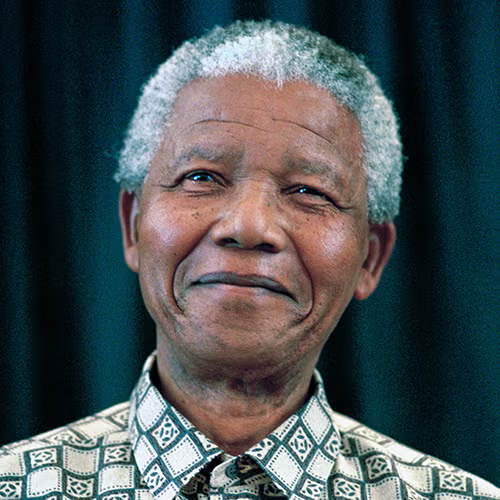Controversial Tanzanian President Dies of Heart Attack At 61. The controversial President of Tanzania, John Magufuli, has died of a heart attack at 61 after more than two weeks of disappearance from public life. The Vice President of Tanzania, Samia Suluhu Hassan, announced on state national television on Wednesday that the President died from heart complications at a Dar es Salaam Hospital, which is about 270 miles east of Dodoma, the capital of Tanzania.

“It is with deep regret that I inform you that today…….we lost our brave leader, the president of the Republic of Tanzania, John Pombe Magufuli,” Ms Hassan added.
Ms Samia Hassan, the Vice President further stated on the state-wide broadcast that President Magufuli fell ill on the 14th of March 2021 and had been receiving treatment at a hospital in Dar es Salaam, the commercial capital.
The controversial President was last seen in public on the 24th of February,2021 at a public event. This has led to the opposition leader, Zitto Kabwe, who urged the government to come out and tell the public about the leader’s state of health.
This is a follow-up to the speculation already spreading through the East Africa region that Mr Magufuli had died of the Covid disease that he vehemently opposed to its existence.
Tanzanian President John Magufuli, who drew widespread criticism for his denialism of the coronavirus pandemic, has died only five months after he won a second term in a disputed election. He was 61.
Rwanda, Tanzania and Uganda Merge Stock Markets
Uganda Elections 2021: Ugandans Go to Poll to Elect New Leader
Political Legacy
The controversial President who is locally referred to as the Bulldozer would be remembered for his aggressive leadership style, the war against corruption, reducing wasteful government spending while improving the lives of peasant farmers by waiving dozens of taxes.
He also spearheaded the development of new transport links, power plants and more than 1,700 health centres, investments that helped Tanzania’s economy become one of the continent’s top performers.
Magufuli drove through controversial reforms aimed at ensuring the nation derived greater benefit from its natural resources, which put his administration on a collision course with foreign mining companies. In 2017, the authorities asked Barrick Gold Corp.’s local unit to pay a whopping $190 billion tax bill — a dispute the company settled by paying $300 million and creating a mining joint venture with the state.
Magufuli became increasingly authoritarian as his first term progressed — he centralized power in the presidency and unapologetically cracked down on dissent and media freedom. He secured a second five-year term in October when he garnered 84% of the vote, the widest victory margin of any presidential candidate in almost three decades of multiparty elections in Tanzania.
The opposition rejected the outcome as rigged and the U.S. Embassy in Tanzania said credible allegations of fraud and intimidation, as well as the ruling party’s overwhelming win, raised questions about the election’s fairness. Several opposition candidates were disqualified from standing and the government instituted internet and social media site shutdowns that hampered its opponents’ campaigns.
Political Power Succession
Opposition leader Zitto Kabwe offered his condolences to Magufuli’s family and to Hassan, who is set to become the first woman president in the six-nation East African Community.
Born on Oct. 29, 1959, in the north-western town of Chato, Magufuli worked as a teacher and industrial chemist before venturing into politics. He won the election to parliament in 1995 and held several cabinet posts before the ruling Chama Cha Mapinduzi party chose him as its candidate to succeed President Jakaya Kikwete in 2015.
International consternation with Magufuli’s rule focused on his unorthodox approach to tackling Covid-19. He insisted the country was free of the disease, discouraged the use of face masks and advised his people to pray and undergo steam therapy to safeguard their health.
While most of the rest of the world clamoured to access vaccines, his administration eschewed them and said it was working on developing alternative natural remedies.
Tanzania stopped publishing infection data in April 2020, making it impossible to determine the severity of the epidemic. The deluge of patients displaying coronavirus symptoms seeking treatment at public hospitals and daily funeral masses indicates Magufuli severely downplayed what was clearly a major public health crisis.
The Vice President has since declared 14 days of mourning and instructed flags to be flown at half-mast to honour the deceased President.





















































































